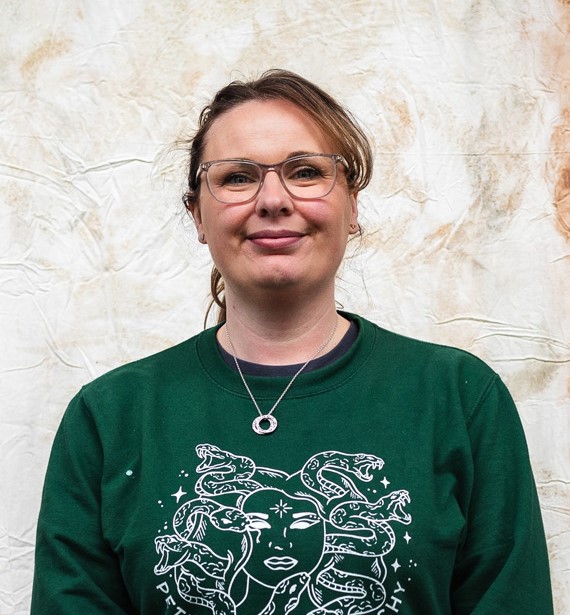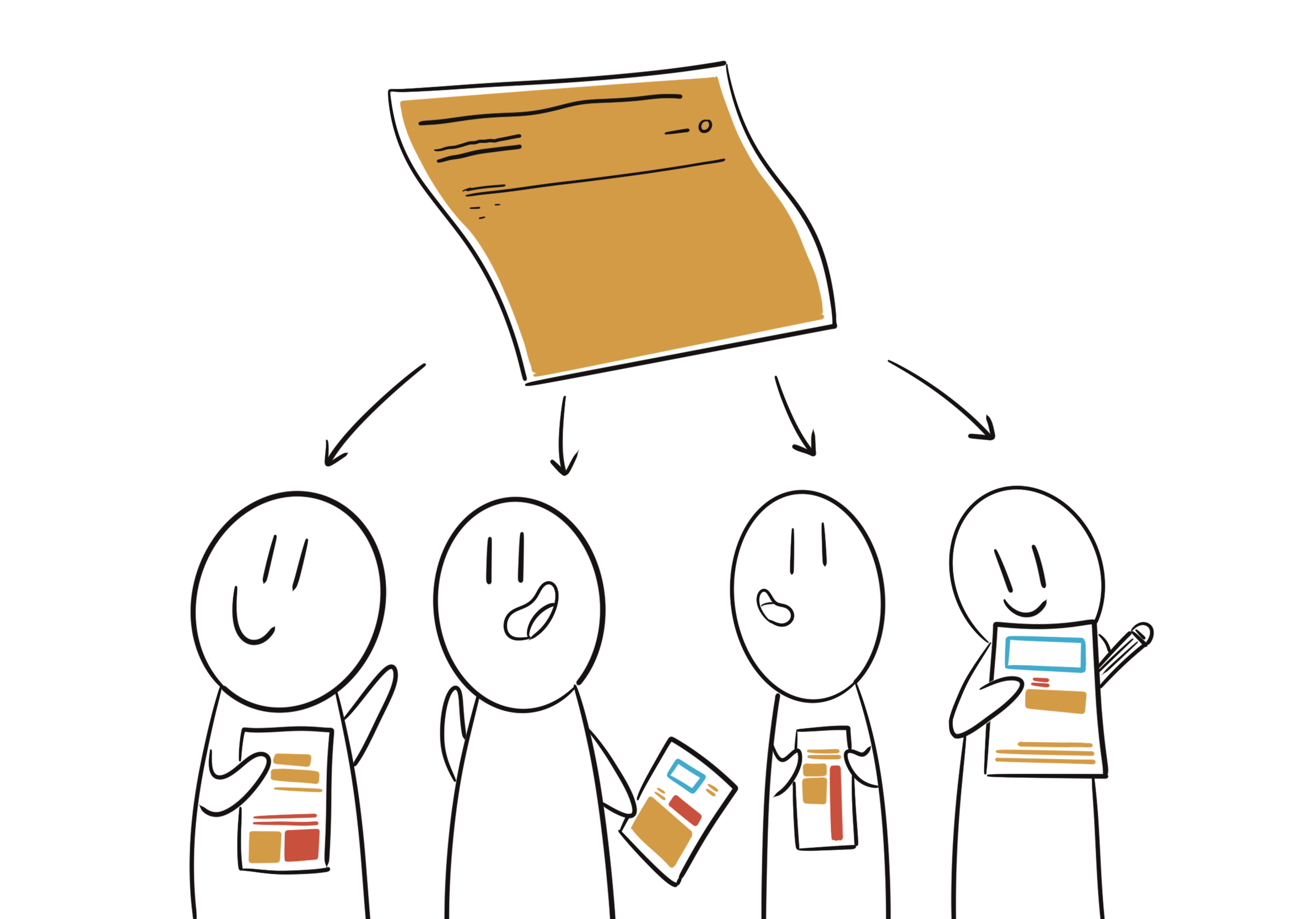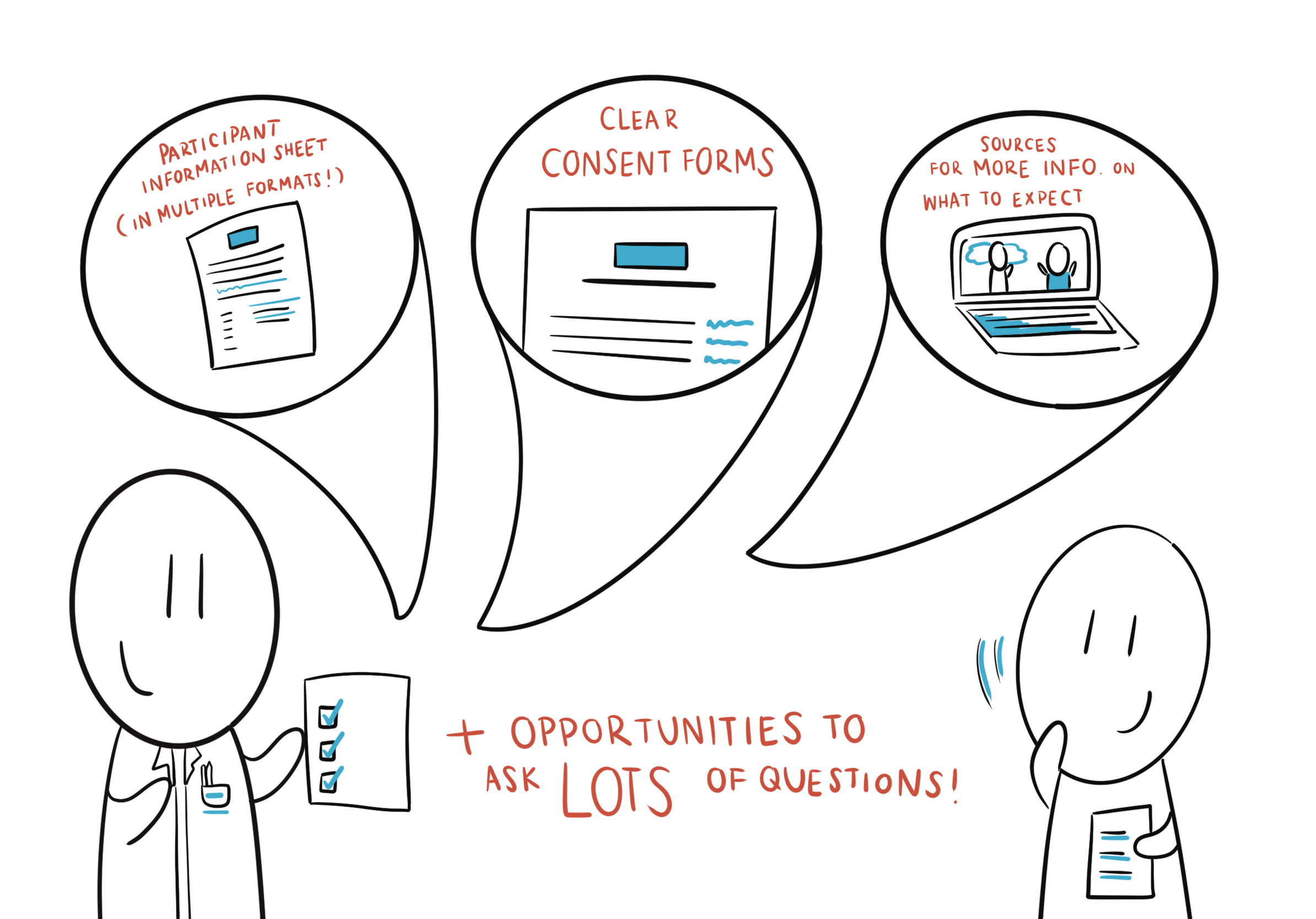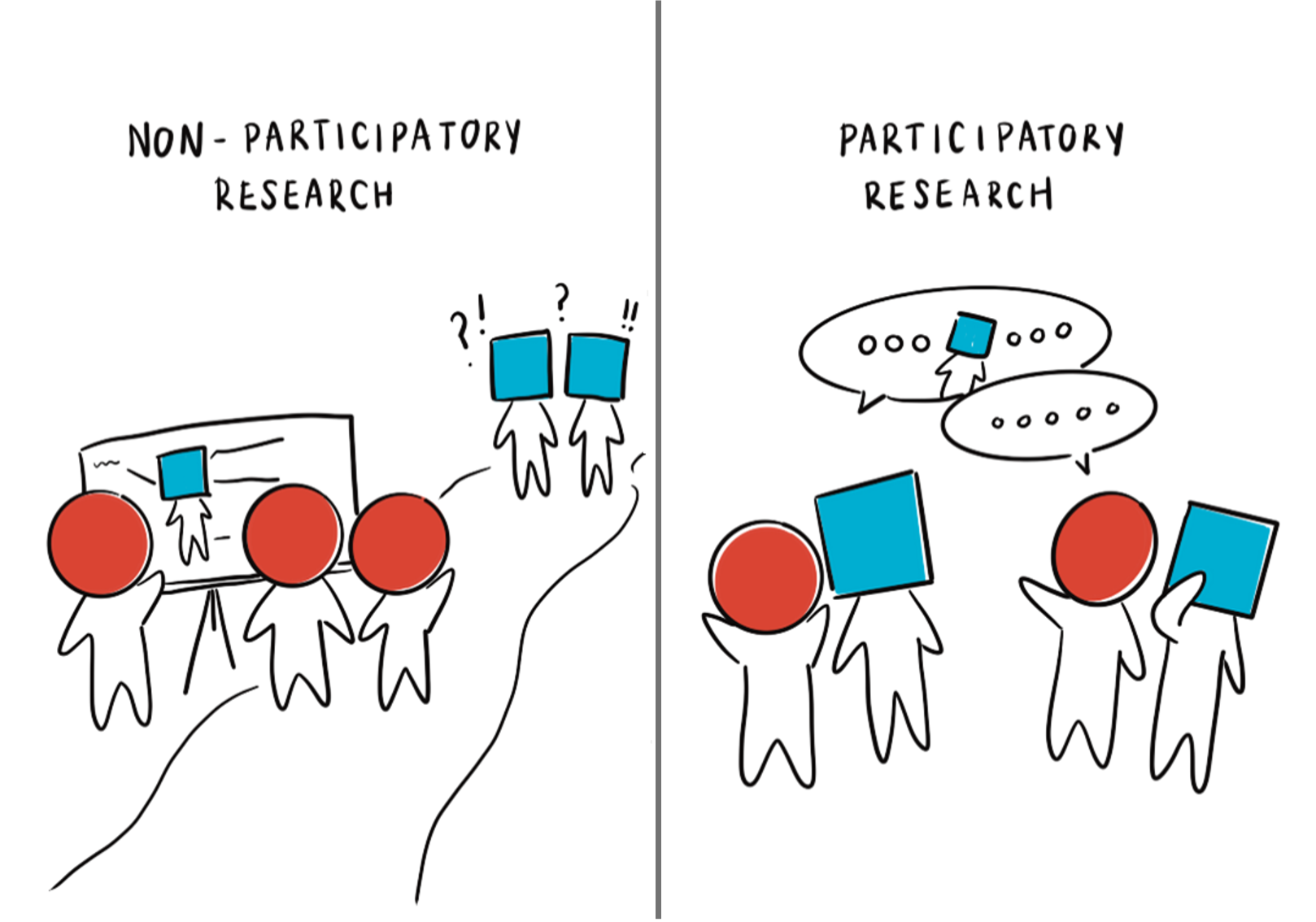
Welcome to the Autism@Manchester research involvement toolkit. The aim of the toolkit is to encourage more autistic people to become involved in research as both public contributors supporting the design and conduct of research, and as research participants. The idea came from our work with autistic people on guidance for involving autistic people in research, which is aimed at researchers. Autistic people highlighted concerns about accessing and understanding research. The following toolkit is designed to guide people through the research process, explain technical language, highlight types of research, how to access research, and most importantly, how to get involved.
Furthermore, we hope that the toolkit can help to address some of the health inequalities that many autistic people experience. Autistic people have higher rates of most medical conditions and face significant barriers to health services. This can be due to services not being autism-informed, trauma from prior service experiences and autistic characteristics such as sensory, motor and executive functioning differences. These health inequalities are made worse by non-inclusive health and care research; autistic people are rarely included as research participants or involved as advisors. Greater involvement of autistic people in research is essential for ensuring their needs are considered across health research.

We also acknowledge the context of autism research. We are aware that globally research is funded that continues to ignore the priorities or needs of autistic adults (see Pellicano et al., 2014). This includes research that does not meet good practice standards (Bottema-Beutel et al., 2023). We are trying to do things differently, alongside many autism-informed researchers in the UK. Our work is rooted in the neurodiversity paradigm, and we believe that autistic people should be involved in all aspects of research that affect them directly. We hope this toolkit will help with this aspiration.
The aim is to increase autistic peoples understanding of and involvement in research both as participants and public contributors
The toolkit is a collaboration between UK-based researchers, clinicians, autistic people and The University of Manchester Library. Initial ideas and an early draft of module 1 were discussed with Autism@Manchester’s expert by experience group and feedback was collected about the content ideas. Further feedback from autistic people was obtained on the first full draft of 2 modules and then the entire toolkit. We developed the content and made changes based on these rounds of feedback. Of the toolkit authors, three of the main writers are autistic; we worked with academics who are experts in autism and co-producing research. Our e-learning colleague, Matthew Jackson, also brought considerable experience of supporting individuals with autism.

Senior Lecturer, The University of Manchester with interests in sensory motor differences in autistic people and research co-production.

Research associate and Autism@Manchester’s co-producer with interests in reducing autistic health inequalities and creative health.

PhD student, co-producer, autistic autism researcher with interests in early autism interventions and support.

Master's student, autistic co-producer, illustrator with interests in global majority people's experiences of autism and creatively connecting with research.

Clinical Lecturer/Speech and Language Therapist at The University of Manchester. Research interests in understanding and supporting social communication differences.

Senior Lecturer, The University of Manchester with interests in how services (health, social care, education) can better support autistic people and their families

(BA QTS PGCTHE FHEA) Elearning Support Officer and Instructional Designer, The University of Manchester Library with interests in, learning design, neurodiversity and accessibility.
You can access the toolkit at your own pace, any time or place with an online device or computer. All modules are available at the same time and do not disappear if you complete one.
We suggest that you work through the toolkit in the order (1 to 4). However, you can look at each module separately, without going through earlier modules. Within each module, there are links to further resources and a glossary, in case you would like further information or explanations.
The toolkit is organised into the following four modules:

This is useful for people who do not have much experience or knowledge about research.

This is useful for people who would like to know how to find out about research and take part.

This is useful for people who would like to learn how to interpret research findings and use this knowledge in their daily lives.

This is useful for people who would like to know more about getting involved as public contributors or what this involves.
At the end of each module there are some questions that we would be very grateful if you could complete so we can measure what people have gained the toolkit. This will help us to show whether the toolkit has made a difference to people and to make the case for further support or funding. We also plan to improve the toolkit based on responses. All answers to these questions will be anonymous.
Autsim@Manchester is a community of academics, clinicians, practitioners, autistic adults, parents of autistic children and family members working together to achieve quality research with real meaning for people with autism. If you would like to find out more about visit our website.
If you wish to contact us regarding the content of this toolkit, please email: emma.gowen@manchester.ac.uk